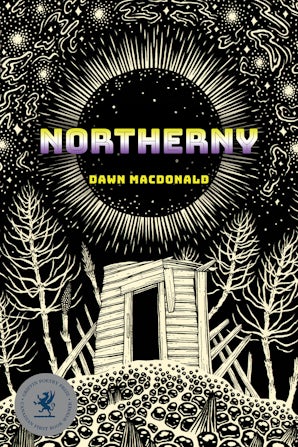Homepage
Featured Titles
New Book by Wayde Compton

Toward an Anti-Racist Poetics
Wayde Compton seeks to dislodge the often unspoken white universalism that underpins literary production and reception today.
View our Spring/Summer 2024 Catalogue
Join Our Mailing List
Blog
An Approach to Poetics that Recognizes Diversity
Guest post by Olajide Salawu Toward an Anti-Racist Poetics by Wayde Compton is the latest title in our CLC Kreisel Lecture Series. Themed around anti-racism, literary cultures, and language, Compton…
Read More100 Days: The Rwandan Genocide
In honour of Poetry Month 2024 and because of our grief regarding continuing global genocides, it seems appropriate to talk about Juliane Okot Bitek‘s debut poetry collection 100 Days, published…
Read MoreThe following edited excerpt is taken from the Introduction of Indigenous Legalities, Pipeline Viscosities: Colonial Extractivism and Wet’suwet’en Resistance by Tyler McCreary. Dr. McCreary is a settler from Wet’suwet’en territory…
Read More











































